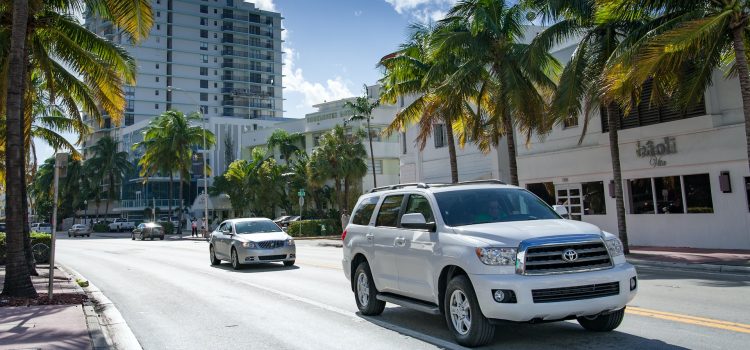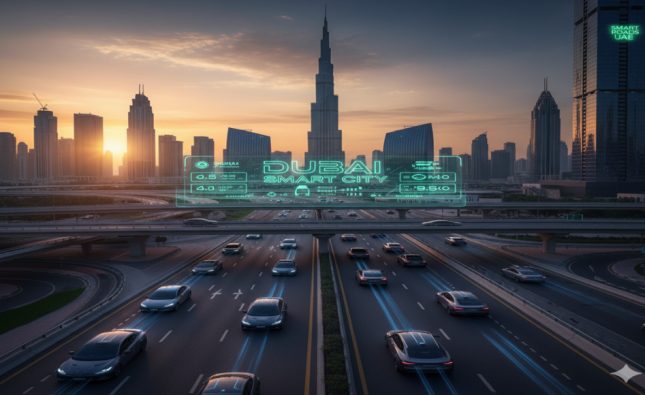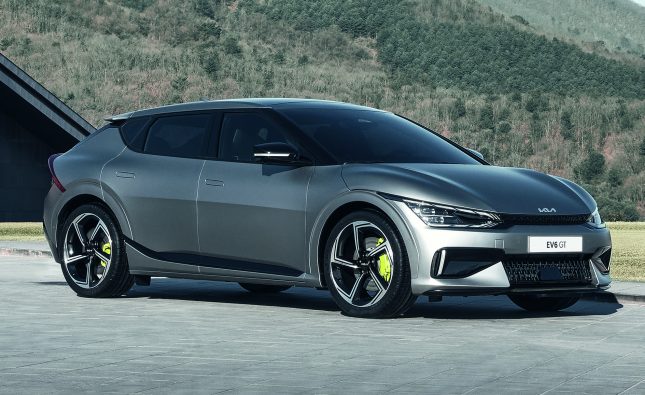
As the automotive industry continues to evolve, there’s always plenty of news to keep up with. This week saw a number of notable developments, from Toyota’s shift toward electric vehicles to Fisker’s introduction of an innovative new battery-swapping system. Meanwhile, customers remain dissatisfied with the state of aftermarket service. Here’s a roundup of the week’s top stories in the automotive world:
Toyota Takes a Turn Toward EVs, Sets Bold Sales Target
Toyota has long been known for its hybrid technology, but the company is now setting its sights on all-electric vehicles. On Monday, the Japanese automaker announced a new goal of selling 8 million electrified vehicles annually by 2030, including 2 million battery-electric vehicles (BEVs) and fuel-cell electric vehicles (FCEVs). The company’s first dedicated electric vehicle, the bZ4X, is set to debut later this year. Toyota also plans to invest $13.5 billion in battery development over the next decade, in order to secure a steady supply of batteries for its electric vehicles.
The Aftermarket Service Letdown: What’s Causing Customer Dissatisfaction?
According to a new study by J.D. Power, customers are becoming increasingly dissatisfied with the state of aftermarket service. The study found that service quality has declined for the fourth consecutive year, with customers complaining about longer wait times, lower quality of work, and higher prices. Many customers are also choosing to take their vehicles to independent repair shops instead of dealerships, due to perceived lower prices and better service. Automakers will need to work hard to win back customer trust and loyalty in this area.
Fisker Introduces EV Battery Swapping – Will it Catch On?
Electric vehicle startup Fisker is taking a unique approach to the battery problem with its new “Flexible Platform Adaptive Design” (FPAD) system. This system uses a standardized battery pack that can be easily swapped out of Fisker’s upcoming Ocean SUV in just a few minutes, giving drivers the ability to “refuel” their vehicles quickly and conveniently. Fisker plans to deploy a network of proprietary battery swap stations across the United States, making it easy for drivers to find a location when they need it. While the idea of battery swapping has been tried before, Fisker is hoping that its streamlined system will be more successful.
Weekly News Roundup
Overall, it was an eventful week in the automotive industry. From Toyota’s electric vehicle plans to Fisker’s innovative battery-swapping solution, there’s no shortage of new developments to keep an eye on. However, the continued decline in aftermarket service quality should serve as a warning to automakers that they need to focus on providing better customer experiences if they want to stay competitive. As always, we’ll keep you updated on the latest news and trends in the automotive world.










